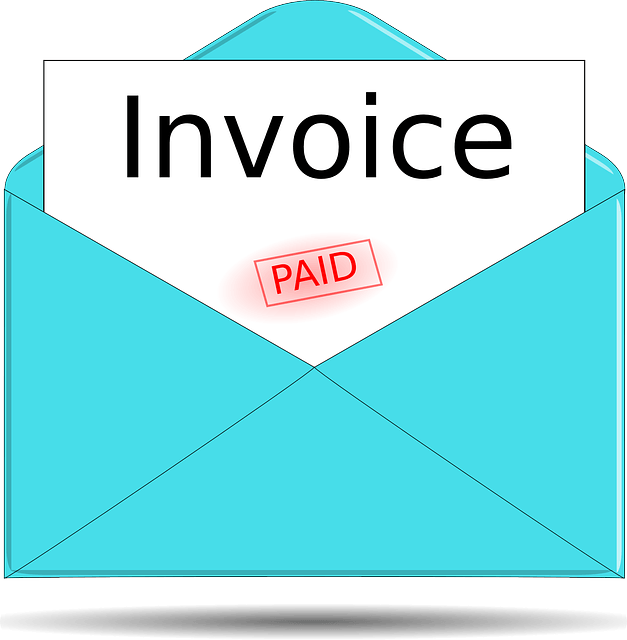Once Social Security finds that you are disabled, your lawyer may ask you to sign a fee petition. What is a fee petition? Should you sign it?
A Request To Be Paid
A fee petition is nothing more than a request by your lawyer to get paid for the time she spent working on your claim. Most Social Security disability lawyers do not often file fee petitions. This is because, for the great majority of claims, Social Security pays the lawyer directly. Social Security does this by withholding part of a claimant’s back benefits. The standard fee agreement calls for a lawyer to receive 25% of the back benefits to a maximum of $6,000.00. In the absence of any odd angles to the case, this is how the lawyer gets paid for her time.

Two Lawyers? Fee Petition Time
There are circumstances, however, when Social Security cannot pay the lawyer her 25% directly. This can arise in a number of ways. The most common is when a claimant has had two or more lawyers on the same case. If both lawyers want to get paid, Social Security cannot divide the fee on its own. Rather, it asks the lawyers to file fee petitions These fee petitions spell out in detail what each lawyer did on the case.
The Administrative Law Judge (ALJ) who heard the case reviews the fee petitions for approval. If the claimant has signed the fee petition, the ALJ is likely to approve it. This is why your lawyer will ask you to sign before she submits the fee petition to the judge.
Don’t Sign If You Think The Fee Is Too High
If your lawyer asks you to sign a fee petition, keep in mind you do not have to do so. If you think one or both of your lawyers is charging too much, you can ask the ALJ to reduce the fees. Unless the lawyers are really overreaching, the ALJ is probably going to approve the fee.
Negotiate A Fair Fee And Then Sign
A different approach you can take it to ask the lawyer to lower his requested fee before you sign off. The lawyer might object, but she might also see the wisdom in this approach. Most lawyers are not going to want to submit fee petitions that draw objections. This is the kind of thing that might cause an ALJ to wonder about a lawyer’s billing practices.

If your lawyer needs to file a fee petition, ask him to go over all of the numbers on it with you. If you concur that the charges are reasonable, sign the fee petition. If not, ask the lawyer to reduce them before you sign. If that does not work, object to the fee petition and explain in calm, rational language why you think the proposed fee is too high.
Has your lawyer presented you with a fee petition? Did you sign? Have you objected to a fee petition? How did the ALJ rule? Let me know.


